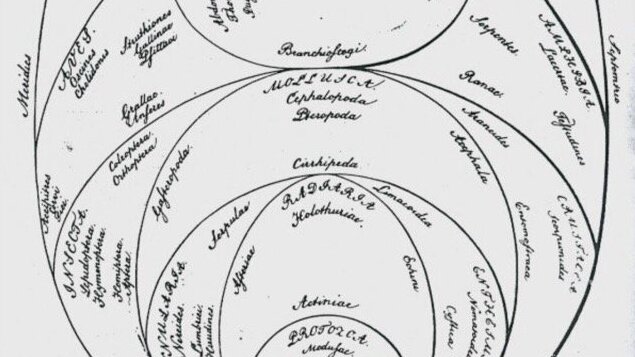
An ongoing research focus at the Ernst-Haeckel-Haus, which originated between 1998 and 2010 in the context of the SFB 482 “Ereignis Weimar-Jena. Kultur um 1800 [Event Weimar-Jena. Culture circa 1800]”, is the philosophy of nature and especially the idealistic and Romantic philosophy of nature from around 1800 that stood between the sciences and philosophy and for a brief period advanced to become a leading science, especially in the German-speaking world: As a philosophy of nature it shares its area, nature, with the natural sciences whose results it receives; as philosophy of nature, it reflects on the concepts and methods applied by the natural sciences, thus showing itself to be a theory of the natural sciences; taken as a whole as philosophy of nature is an independent area of philosophy that not only affects the philosophy but, as the example of Romantic philosophy of nature shows, the sciences too.
This engagement with the idealistic philosophy of nature and Romantic natural science thus integrates approaches from the history and philosophy of science as well as from the history of philosophy without excluding from the investigation paths opened up by social history, the history of society or institutions. These are indispensable, especially in evaluating the political and cultural dimensions of the philosophy of nature and Romantic natural science.
Contact: Thomas Bach